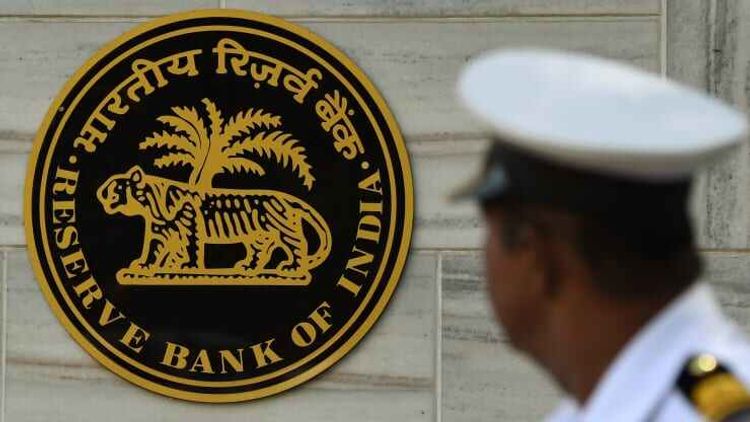Emerging market (EM) central banks will likely begin more aggressive loosening of monetary policy following the U.S. Federal Reserve’s emergency interest rate cut, analysts anticipate, APA reports citing CNBC.
The weakened global economic outlook in the wake of the coronavirus outbreak has led to speculation that a host of major central banks around the world will lower rates following the Fed’s 50 basis point cut earlier this week.
While policy easing in emerging markets has so far been confined to Asia, where the economic fallout is expected to be most severe, analysts expect that central banks across the emerging market landscape are preparing their own monetary policy arsenal.
In a note Wednesday, Capital Economics Emerging Markets Economist Edward Glossop projected additional rate cuts across emerging Asia, but also in Brazil, India, Mexico, Poland and South Africa.
Glossop highlighted that economic activity in emerging markets will continue to deteriorate and that data released so far, such as February’s PMI (purchasing managers’ index) readings, had not fully captured the impact of the coronavirus, as they were taken prior to the surge in cases outside of Asia.
More broadly, Capital Economics expects that the virus will continue to spread and detrimentally impact gross domestic product (GDP) growth in most major EM countries.
“Of the large inflation-targeting EMs, Mexico and Egypt will suffer a sharp drop in tourism revenues (which amount to 7% and 5% of GDP, respectively),” Glossop said.
“Central and Eastern Europe will be hit by disruption to supply chains and slower global growth. And the likes of Brazil, Chile, South Africa and Russia will suffer a hit to exports due to lower commodity prices.”
What’s more, inflation is unlikely to pose a barrier to easing in most cases, Glossop said, highlighting that recent falls in EM currencies are likely to nudge inflation up by only 0.2-0.3%, which in most countries will be offset by the impact of lower oil prices.
“Similarly, supply-chain bottlenecks may push up prices of some goods, but this should be broadly offset by weaker demand-side pressures,” he added.
Aside from the emerging markets which naturally follow the Fed due to their pegs to the dollar, Glossop pointed out that central banks in Mexico, Turkey and Egypt also pay close attention to U.S. monetary policy, and could use the Fed’s dramatic cut as “cover” to further trim their own policy rates. Even those less influenced by the Fed will likely feel more confident in decisions to ease policy, Glossop suggested.
By the end of 2020, Capital Economics is forecasting a reduction of 60 basis points in India, 50 bps in Mexico, and 25 bps in Brazil, Colombia, Poland, the Czech Republic and South Africa.
Lower rates and a weaker dollar could provide a tailwind for emerging market equities, according to UBS Global Wealth Management CIO Mark Haefele, who rated emerging market equities overweight on expectations that they will outpace developed peers this year.
In a note Thursday, Haefele highlighted that EM equities have begun to outperform developed markets in recent days, driven in part by China’s comparative progress in containing the coronavirus while the U.S. and Europe descend into panic. He projected that this outperformance will continue in the weeks ahead.
“We expect growth differentials between emerging and developed markets to widen in favor of emerging markets this year,” he said.
“Moreover, EM equity valuations are lower than for developed markets stocks, while regionally we expect the highest rates of earnings growth in 2020 to be in Asia ex-Japan (12.4%) and Latin America (15%), compared with just 6% in the US and a 1% contraction in Europe.”
Among the emerging markets, UBS analysts are particularly keen on Brazil, which they see as a “rare early cycle story in a world of maturing growth” as the country moves from a state- to a market-led economy.
“The recovery should drive superior earnings growth (20% vs. 13% for EMs based on our estimates),” the UBS CIO office said in a recent update.
“Record low real interest rates are also supporting domestic and international funds’ allocation to equities, while potential BRL (Brazilian Real) appreciation could also provide an additional source of upside.”


